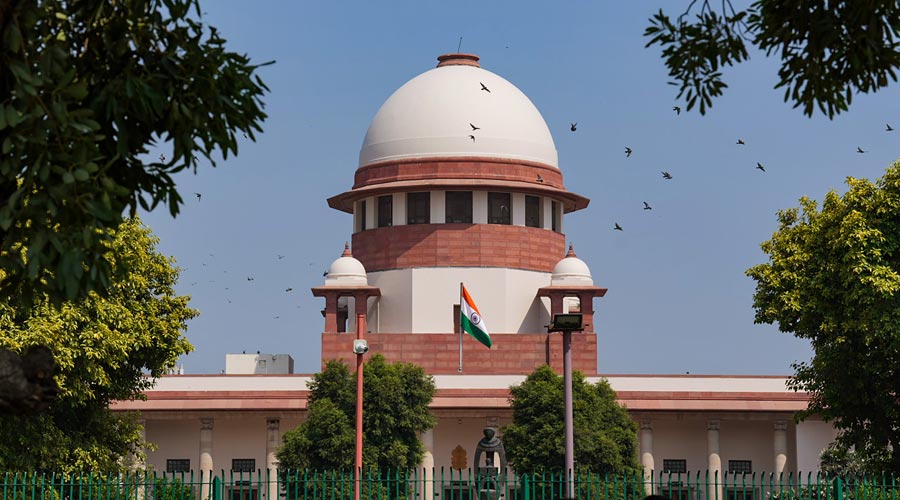Nithyakalyani Narayanan. V
On July 26th, the Supreme Court expressed shock at an order passed by the Allahabad High Court which dismissed a plea for pre-arrest bail for five suspects in a criminal case, while approving protection to them against coercive steps for two months. The Supreme Court used the term “self-contradictory” to describe the order.
A case was registered in Saharanpur district as per Uttar Pradesh Gangsters and Anti-Social Activities (Prevention) Act, 1986 and in May 2022, the Allahabad High Court rejected the anticipatory bail application of the five accused, observing that- “In view of the above, it is provided that the applicants may move discharge application as aforesaid. For a period of two months from today no coercive measures shall be adopted against applicants.”
The State went for an appeal against it. On July 18th, the Supreme Court heard the case and was surprised by the High Court’s order.
The division bench of Justice BR Gavai and Justice JB Pardiwala observed that the anticipatory bail application of the accused was opposed by the counsel of the State, who argued that the applicants were habitual criminals, with lookout notices issued against them.
The apex Court pointed out that the High Court had rejected their anticipatory bail application initially. “However, after the application was rejected, a motion was made on behalf of the respondent(s) that they would like to move an application for discharge. The single judge of the high court, while rejecting an application for anticipatory bail, in the same breath granted them protection for a period of two months.”
The Bench explained the contradictory stand of the High Court – “It is, thus, clear that self-contradictory orders have been passed by the high court. On the one hand, the application for anticipatory bail is rejected and, on the other hand, the interim protection is granted for a period of two months.”
The Supreme Court allowed the appeal and quashed the section of the High Court order which granted protection against coercive steps to the accused for two months.


